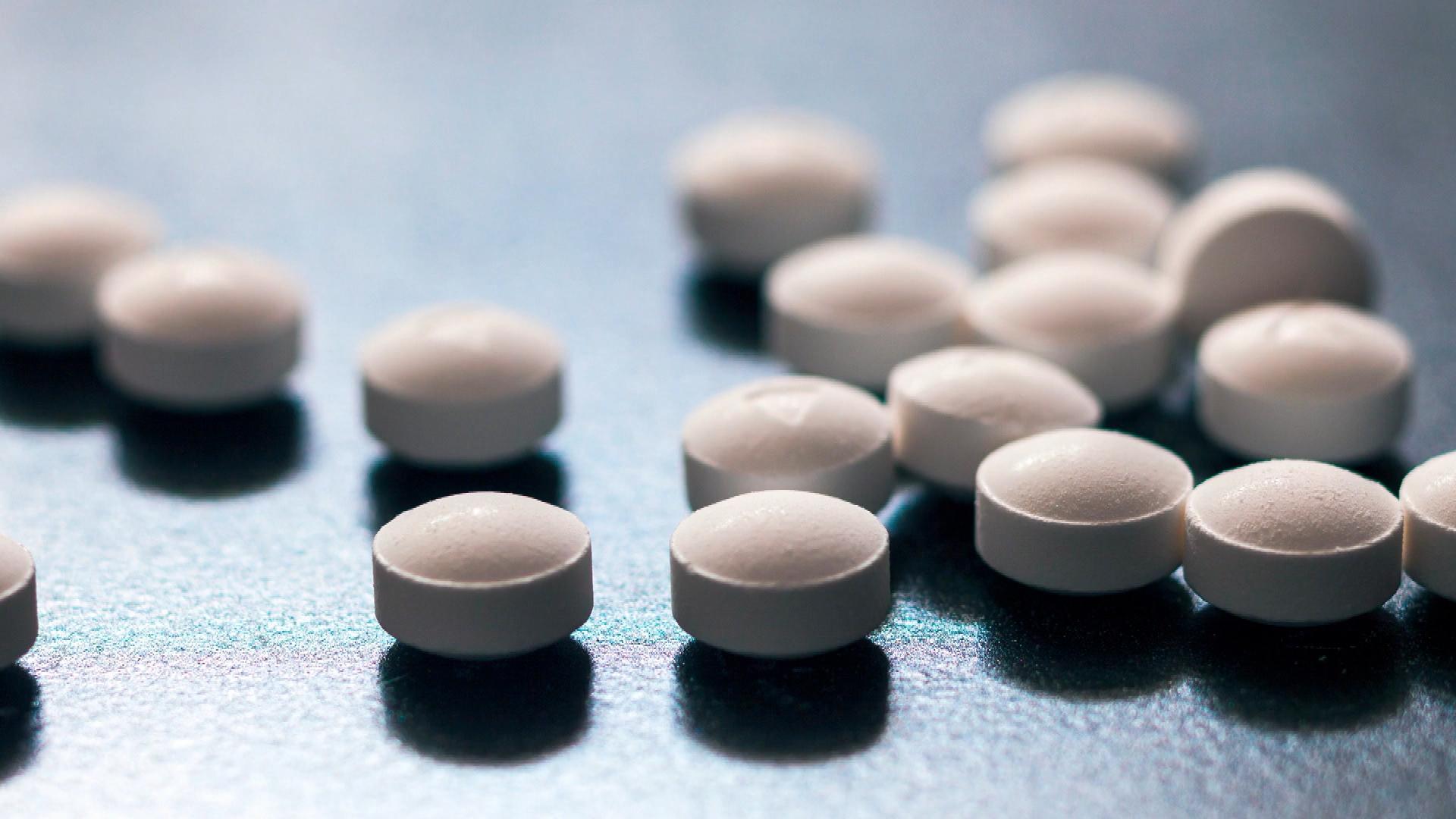A group of doctors in the United States filed a lawsuit against the Food and Drug Administration (FDA) for limiting the use of hydroxychloroquine, an old malaria drug, for COVID-19 patients.
The doctors argued that the drug should be made widely available to fight the ongoing coronavirus pandemic.
The lawsuit has represented the latest front in a highly politicized debate over access to hydroxychloroquine, the drug that has been touted as a potential “game-changer” against the coronavirus by President Donald Trump.
However, there is no scientific evidence that the drug is effective against COVID-19. In fact, a clinical trial released recently found that hydroxychloroquine is ineffective in preventing the infection.
The FDA has restricted the use of hydroxychloroquine from the national stockpile to coronavirus patients who are hospitalized and cannot enroll in a clinical trial, stating that the drug increases the risk of life-threatening cardiovascular events.
The Association of American Physicians and Surgeons (AAPS) argues in its suit that it harms the rights of its doctors to prescribe as they see fit, causing “economic injury.” The lawsuit was filed in a Michigan federal district court on Tuesday.
A spokesperson of the FDA said the agency does not comment on pending or ongoing litigation.
Last week, FDA Commissioner Dr. Stephen Hahn said the agency does not prohibit doctors from prescribing medications. He said, “It is important that patients and health care providers understand the known side effects of these drugs, including serious and potentially life-threatening heart rhythm problems.”
The AAPS has accused state and federal agencies of “hoarding” hydroxychloroquine while more and more patients are dying due to COVID-19. The virus has infected more than 1.9 million and killed over 111,000 in the United States so far.
The doctor’s group has been running a series of webinars for medical providers on the coronavirus.
General Counsel for the AAPS Andrew Schlafly discussed legal issues of prescribing hydroxychloroquine in April.
“They could pump out 100 million doses of these things within a week,” said Schlafly, who is not a doctor. “Everybody in our country could be given them, and that would stop this crisis overnight, most likely.”
Dr. Richard Chaisson, a Johns Hopkins researcher, has been running a trial of hydroxychloroquine to see whether it is effective at treating moderate to severe COVID-19 infections.
“Right now, the data for hydroxychloroquine is not compelling for any group,” said Dr. Chaisson. “Until it’s been studied, I really think it’s irresponsible to recommend it routinely outside of a clinical trial.”
To which, Schlafly replied, “I disagree completely… the data is that the medication is very safe.” Right now, over 35 states have restricted the use of hydroxychloroquine for COVID-19, while at least five of those states have specifically prohibited the use of the malaria drug as a preventive measure.























